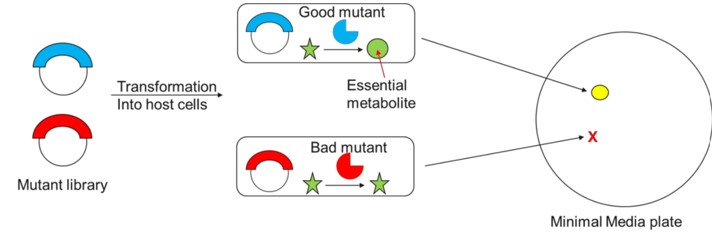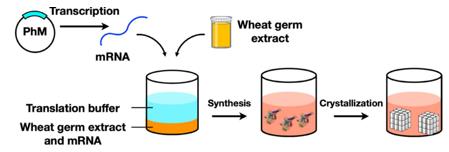The primary goal of protein engineering is to identify and modify specific amino acid sequences to achieve desired functional properties. Creative Biolabs provides comprehensive protein engineering services, employing a variety of techniques and methodologies to design, modify, and optimize proteins for biotechnology, medicine, and research applications.
Mutagenesis is a fundamental technique in protein engineering that involves the deliberate alteration of a protein's amino acid sequence to study the function of specific residues or to enhance the protein's properties. This technique is used to study gene function and create proteins with desired traits. Common methods of mutagenesis include:
Mutant libraries are collections of protein variants generated through mutagenesis. This process involves systematically introducing mutations to create a diverse range of protein variants. These libraries are crucial for identifying mutants with improved or novel functions, facilitating the discovery of optimal variants for specific applications.
 Fig.1 A simple diagram showing a mutant library.1
Fig.1 A simple diagram showing a mutant library.1
Key approaches to constructing mutant libraries include:
Computational tools and design strategies play a critical role in modern protein engineering. These approaches are employed to predict the effects of mutations and model protein structures, helping to rationally design proteins with enhanced properties and reducing the time and cost associated with experimental trial and error. Key computational tools and design strategies include:
Protein crystallization is a method used to reveal the three-dimensional structure of proteins at atomic resolution. This technique involves creating protein crystals, which are then examined using X-ray crystallography. Gaining insights into protein structures at this level is essential for rational protein design and engineering.
 Fig.2 The schematic illustration of protein crystallization.2
Fig.2 The schematic illustration of protein crystallization.2
Directed evolution is a highly effective technique for developing proteins with new or enhanced functions. This method mimics natural evolution by introducing random mutations and selecting desirable traits over multiple generations. It allows for the optimization of enzyme and protein functions, often leading to improvements that are difficult to achieve through rational design alone. Directed evolution involves:
Creative Biolabs offers a wide range of services that combine experimental and computational methods to advance protein engineering. These services help researchers enhance or develop proteins with new and desired functions, benefiting thousands of researchers and pushing the boundaries of biotechnology and medicine.
All listed services and products are For Research Use Only. Do Not use in any diagnostic or therapeutic applications.
| USA:
Europe: Germany: |
|
|
Call us at: USA: UK: Germany: |
|
|
Fax:
|
|
| Email: info@creative-biolabs.com |
